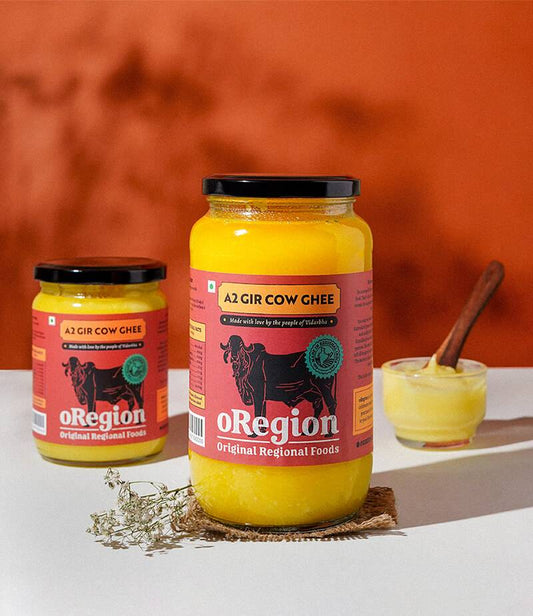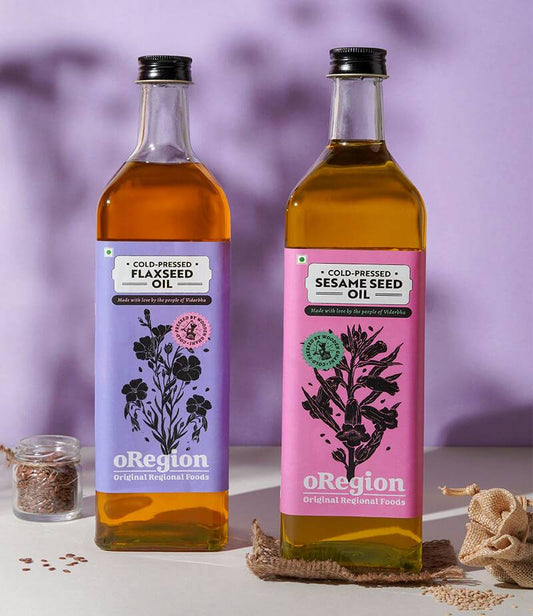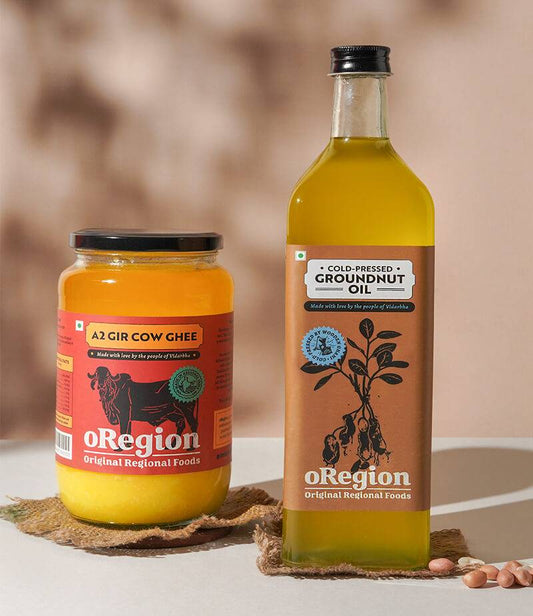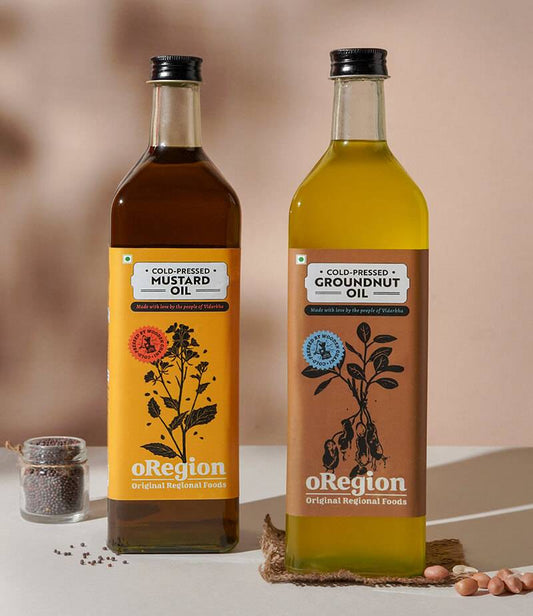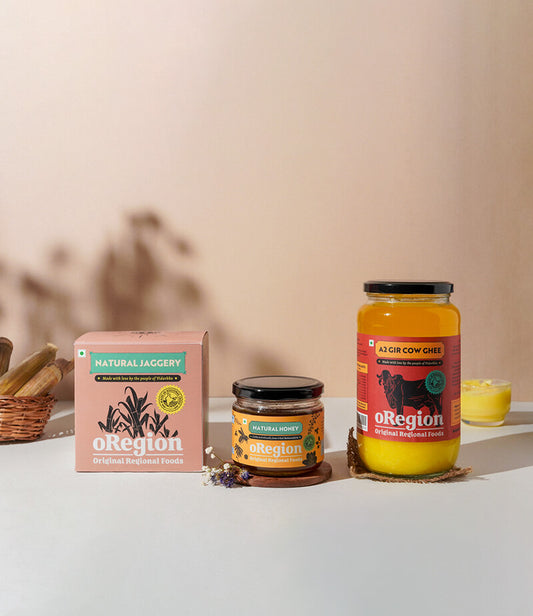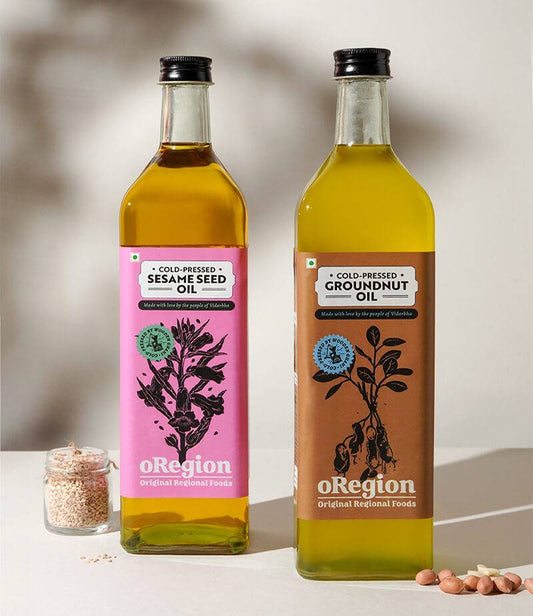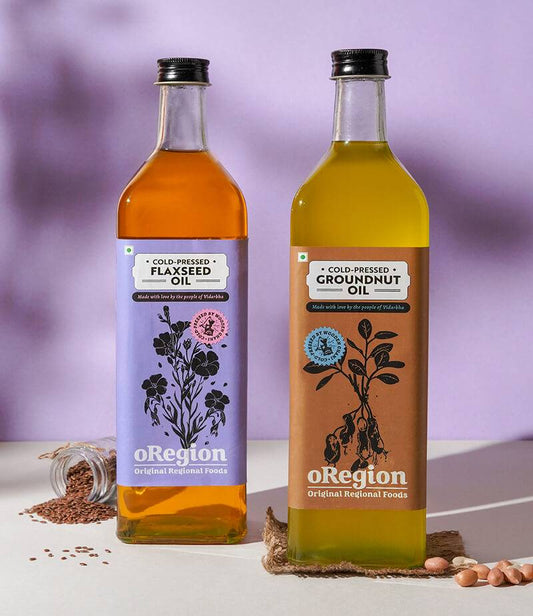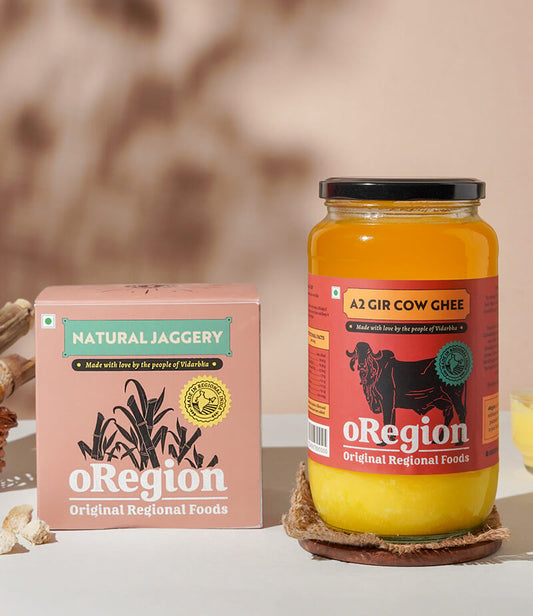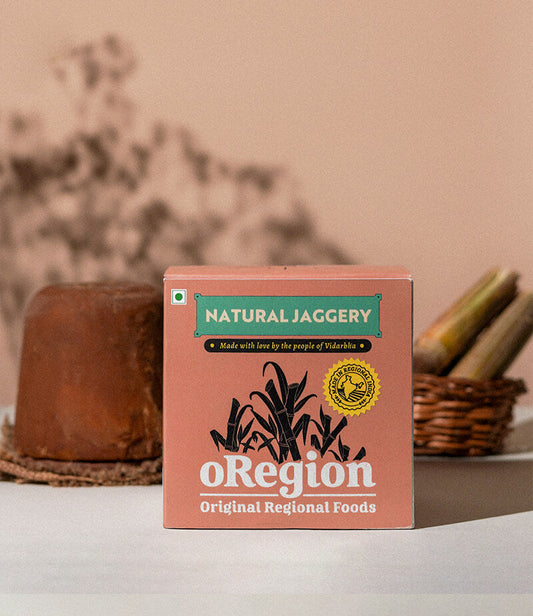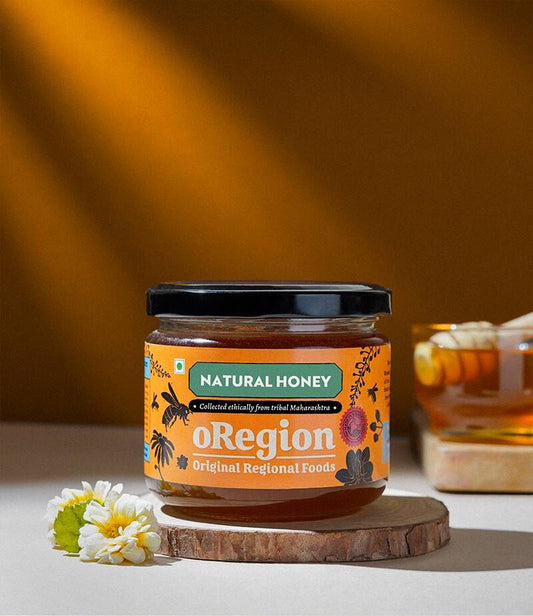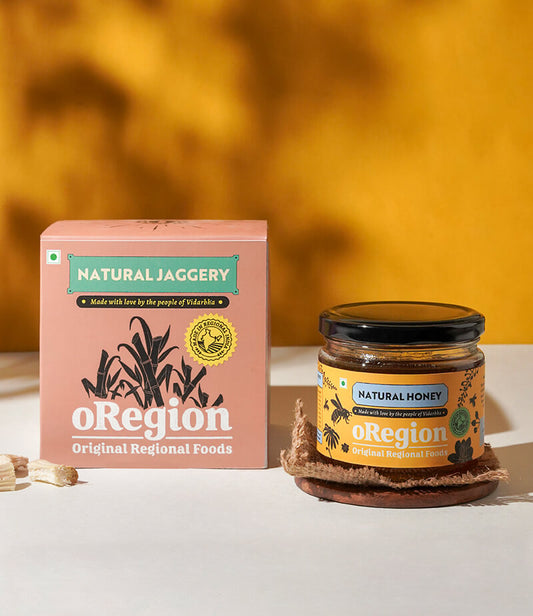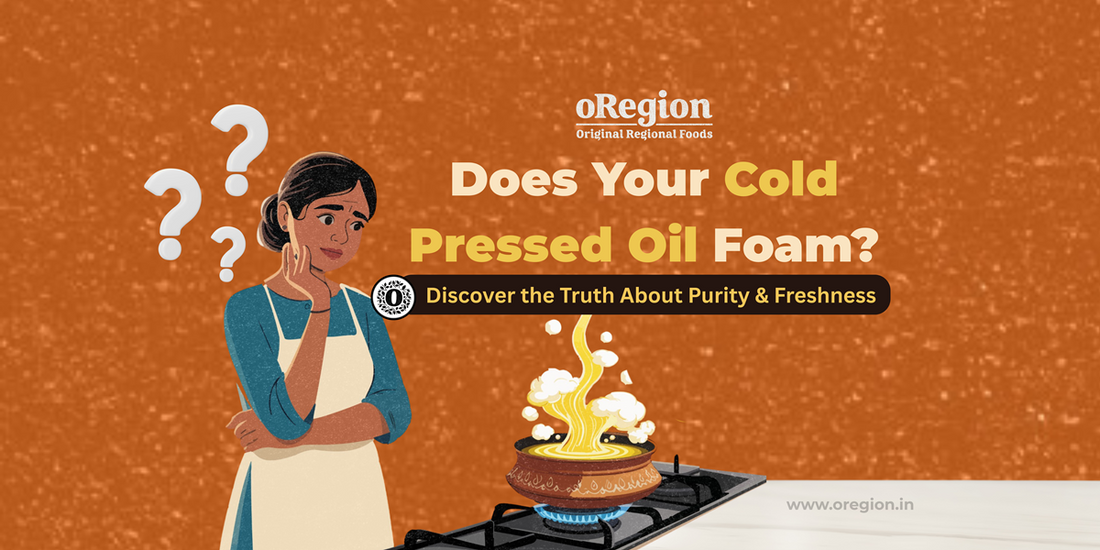
Does Your Cold Pressed Oil Foam? Discover the Truth About Purity & Freshness
By oregion foodsWhen heating cold-pressed oils, have you noticed foaming at the surface and wondered if that’s a red flag? It’s a common concern, especially among health-conscious individuals choosing natural oils like cold pressed Flaxseed Oil, mustard oil, groundnut oil, and sesame oil. At oRegion, we believe in empowering you with transparent, science-backed information—because knowing your food is just as essential as consuming it.
Let’s dive into the truth behind foaming in cold-pressed oils—and what it really tells you about purity and freshness.
Uncover the Science Behind Why Your Cold-Pressed Oil Foams When Heated
Foaming in cold pressed oil isn’t always a sign of spoilage. In fact, in most cases, it’s a result of the oil’s natural composition.
Cold-pressed oils are extracted mechanically at low temperatures, preserving vital nutrients like omega-3 fatty acids, antioxidants, vitamins, and enzymes. These elements are often sensitive to heat and react when the oil is heated during cooking.
Here’s what happens:
-
Natural moisture retained in the oil begins to evaporate.
-
Proteins and plant particles present in unrefined oils interact with heat.
-
The result? A thin layer of foam—especially visible in oils like cold pressed Mustard Oil and cold pressed flaxseed oil.
This foaming is usually harmless. It’s not the oil going bad, but the oil showing that it's truly unrefined and rich in nutrients.
Why Cold-Pressed Oils Foam—And Why That’s Not Always Bad
It’s important to understand that foaming is a natural reaction of unrefined oils. When cooking with:
-
Cold pressed sesame oil
-
cold pressed mustard oil
You may notice slight bubbling or foaming, particularly if the oil hasn’t been overly filtered.
Here's why this is often a positive indicator:
-
It shows the oil retains its phytonutrients, which would be lost in refined alternatives.
-
The presence of foam reflects the authenticity and natural extraction method—a hallmark of premium quality oils.
At oRegion, we proudly retain these nutrients, understanding that nature doesn't always look perfect—but it performs perfectly for your health.
Refined vs. Cold-Pressed: What Makes the Difference?
One might ask, “Why don’t refined oils foam?” Great question—and the answer lies in the way they’re processed.
Refined oils undergo:
-
High heat processing
-
Chemical treatments
-
Deodorization and bleaching
-
Removal of proteins, moisture, and particles
This eliminates everything that causes foaming—but it also removes everything that made the oil healthy to begin with.
In contrast, cold-pressed oils:
-
Retain their natural antioxidants and flavor compounds
-
Offer higher nutritional density
-
Avoid harmful residues from solvents or chemicals
So, while refined oils appear smoother, they lack the richness and health benefits of Cold Pressed Oils. When you choose oRegion’s oils, you're choosing nature over imitation.
Is Foaming a Sign of Bad Oil? Here's How to Know
Not all foam is created equal. While mild foaming in cold-pressed oils is normal, excessive or odd-looking foam could be a red flag. Here’s how to tell the difference:
When Foam Is Harmless
-
It disappears within a few minutes of heating.
-
There’s no change in color or smell.
-
It’s consistent with the type of oil being used (e.g., flaxseed and mustard naturally foam more).
When It Could Be a Warning Sign
-
Foam lingers, thickens, or becomes discolored.
-
The oil has a rancid or bitter smell.
-
There’s unusual residue at the bottom of the pan.
This could mean:
-
The oil has absorbed moisture during storage.
-
It’s been contaminated or stored improperly.
-
Or worse—it was never pure cold-pressed oil to begin with.
That’s why choosing a trusted brand like oRegion is essential. We maintain strict quality standards and provide oils that are fresh, unadulterated, and 100% cold-pressed.
Your 3-Step Freshness Test for Cold-Pressed Oils
You don’t need a lab to test your oil’s purity. Just follow this simple, at-home test:
1. Smell Test
Fresh cold-pressed oil has a distinct, earthy aroma:
-
Flaxseed oil: Slightly nutty like flaxseed seeds.
-
Groundnut oil: Warm, roasted peanut scent.
-
Mustard oil: Strong, pungent, almost spicy.
-
Sesame oil: Deep, nutty fragrance.
If the oil smells stale or has no scent at all—it’s likely been refined or is no longer fresh.
2. Visual Check
Cold-pressed oils often have:
-
A slightly cloudy appearance
-
Natural sediment at the bottom (which is a good sign!)
-
A golden to amber hue, depending on the seed type
Crystal clear oils are often a result of refining or excessive filtering.
3. Taste Test
Take a drop on your tongue:
-
It should taste rich, nutty, and bold.
-
No bitterness, no sourness.
-
If it tastes flat or has a chemical-like feel—it’s not pure.
At oRegion, we encourage our customers to know the difference by experiencing the oil—not just reading the label.
Know What You’re Consuming—Beyond Just the Label
Marketing claims like “pure,” “organic,” or “cold-pressed” are often tossed around freely. But how do you know what’s really in the bottle?
Look for transparency:
-
Does the brand share extraction methods?
-
Are source seeds mentioned?
-
Is the oil batch tested?
-
Are the bottling dates clear?
At oRegion, we believe in full traceability—from seed to bottle. Every batch of oil we produce is:
-
Extracted using traditional wooden Ghana cold press machines
-
Free from any additives or preservatives
-
Bottled fresh in small, quality-controlled batches
Because trust begins with truth.
oRegion’s Mission: Truth First, Then Food
We’re more than just a Cold Pressed Oil Company—we’re a movement towards intentional nourishment.
At oRegion, our mission is:
-
To educate before we sell
-
To make healthful choices accessible and understandable
-
To restore traditional wisdom in modern kitchens
From cold pressed flaxseed oil rich in Omega-3s, to aromatic mustard oil that doubles as a cooking and massage oil, every drop we produce is backed by a promise of purity, freshness, and integrity.
Because food should never be confusing—it should be nourishing, honest, and real.
Final Thoughts: Don’t Fear the Foam—Learn From It
Foaming in cold-pressed oils is not a flaw. It’s a feature. It’s nature’s way of reminding us that real food behaves differently than processed substitutes.
So the next time your oil foams:
-
Celebrate it, don’t discard it.
-
Observe it, don’t panic.
-
And always choose brands like oRegion that help you see the truth behind your food.
